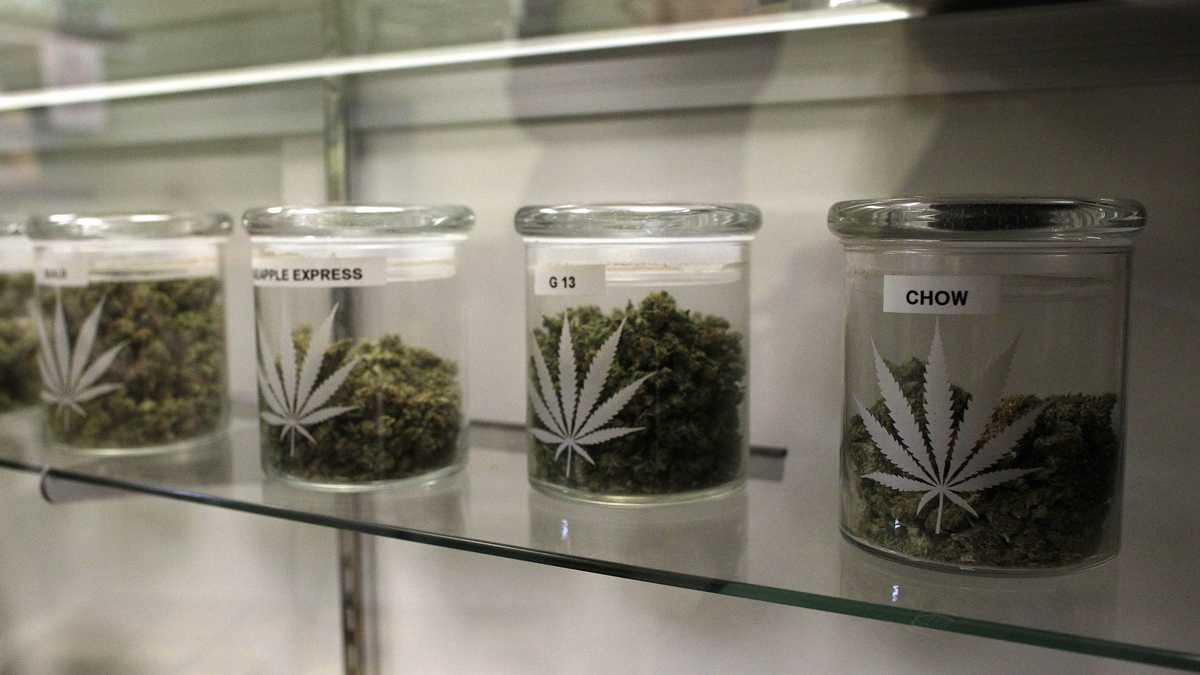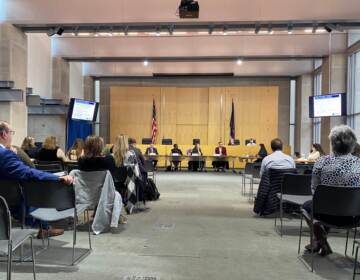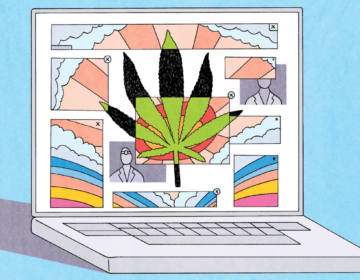Pa. medical marijuana rule change will let patients vape
Soon, medical marijuana patients in Pennsylvania won’t just be limited to taking oils, pills, and liquid forms of the drug.

(Brennan Linsley/AP Photo)
Soon, medical marijuana patients in Pennsylvania won’t just be limited to taking oils, pills, and liquid forms of the drug.
Starting in late summer, they’ll be able to get marijuana in its dry leaf form — but will technically be limited to using it only in a vaporizer.
The Commonwealth’s medical marijuana advisory board recommended several updates to the program, which Health Secretary Rachel Levine says she approved after “careful consideration.”
The new rules allow marijuana prescription for an expanded list of illnesses and therapies, including neurodegenerative diseases, dyskinetic and spastic movement disorders, palliative care for any terminal illness, and substitute treatment for opioid addiction.
However, the allowance of dry-leaf marijuana is likely the biggest change for most consumers.
Levine acknowledged, that’s the same kind of marijuana that’s usually smoked recreationally.
She said she expects patients will follow their doctors’ instructions and stick to vapes.
“I emphasize, [we’re allowing] a form that can be vaporized. Not smoked,” she said.
Gov. Tom Wolf supports the changes, and said he expects using dry-leaf marijuana will shorten processing times, and hopefully make the drug cheaper.
Other updates include requiring patients to pay for their medical marijuana licenses less frequently, letting doctors keep their ability to prescribe marijuana a secret from non-patients, and requiring child-patients be certified by a pediatrician.
WHYY is your source for fact-based, in-depth journalism and information. As a nonprofit organization, we rely on financial support from readers like you. Please give today.





